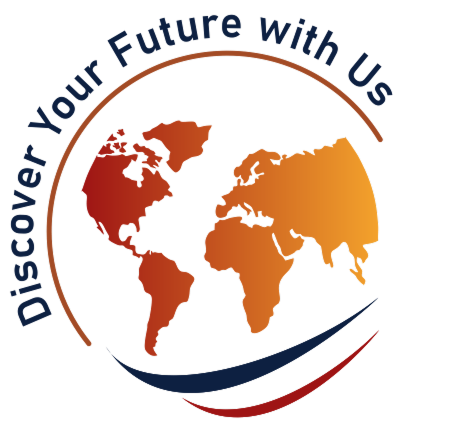Accounting in Canada: A Practical Guide for Newcomers
Are you an internationally trained accountant looking to start a new chapter in Canada? The Canadian accounting world is a dynamic and rewarding field, but it can be challenging to navigate the transition. The good news is that with the right strategy and resources, you can not only integrate but also thrive. This guide will walk you through the essential steps to naturally amalgamate into the Canadian accounting landscape.
1. Specialize in High-Demand Niche Areas
By specializing in niche, high-demand areas, internationally trained accountants can offer immediate value to Canadian employers. Key specializations include:
- Canadian Tax Law: Specialize in corporate and personal tax to leverage the complexity of the Canadian tax system. Your international experience is a unique asset for companies with global operations.
CPA Canada - Payroll Administration: Master federal and provincial payroll legislation, including deductions like the Canada Pension Plan (CPP). The National Payroll Institute offers the Payroll Compliance Practitioner (PCP) designation, a recognized gold standard.
National Payroll Institute
2. Get Your Credentials Assessed and Verified
To officially start your journey toward a Canadian designation, you’ll need to have your international credentials evaluated. This process ensures that your education and experience are recognized for their Canadian equivalent, giving you a clear roadmap for any additional requirements. It is a good idea to begin the credential evaluation process as early as possible, ideally even before you arrive in Canada. A course-by-course evaluation is often recommended.
For this purpose, organizations like World Education Services (WES) are widely used. You can learn more about their services and the International Credential Advantage Package (ICAP) here: https://www.wes.org/ca/
3. Invest in Upskilling to Bridge the Gap
Even with a strong international background, there may be specific gaps in your knowledge related to Canadian tax, law, and business practices. Upskilling is not just about gaining a credential; it’s about acquiring the practical, Canadian-specific knowledge that employers are looking for. Even with a strong international background, there may be specific gaps in your knowledge related to Canadian tax, law, and business practices. To gain a competitive edge, you should enroll in a program that focuses on Canadian accounting principles, taxation, and business law, and provides hands-on experience with industry-standard software like QuickBooks, Sage 50, and Sage 300. The Accounting and Payroll Administration Program at A1 Global College is specifically designed to bridge this gap, offering you the practical skills and Canadian context you need.
4. Build Your Network and Gain “Canadian Experience”
One of the biggest hurdles internationally trained professionals face is the lack of “Canadian experience.” Networking is the key to unlocking this barrier. It’s not just about finding a job—it’s about building relationships, understanding local workplace culture, and learning about the hidden job market. Join professional accounting associations and attend their events, and look for mentorship programs that pair newcomers with established professionals.
CPA provincial bodies often host events and have dedicated resources for internationally trained professionals. Check your local provincial CPA organization’s website (e.g., CPA Ontario, CPA Alberta) for their networking and mentorship opportunities. For general networking tips, explore this article from CPA Canada: https://www.cpacanada.ca/news/accounting/the-profession/2020-01-28-job-tips-new-canadians
5. Gain Experience Through Volunteering
Volunteering is a strategic way for newcomers to gain Canadian experience. Two excellent options for those with accounting skills are the Community Volunteer Income Tax Program (CVITP) and CharityVillage. The CVITP lets you get hands-on experience with Canadian tax laws by helping low-income individuals file their returns. You can find opportunities here: https://www.canada.ca/en/revenue-agency/services/tax/individuals/community-volunteer-income-tax-program.html.
CharityVillage is a major online hub where you can find various volunteer roles across the country, from Treasurer to Bookkeeper, allowing you to apply your financial skills to support a non-profit. You can explore their listings here: https://www.charityvillage.com/jobs/unpaid-volunteer-position
Building a successful accounting career in Canada is a journey, not a sprint. By focusing on professional accreditation, skill development, and deliberate networking, you can navigate the transition with confidence. Each step you take, from understanding the local landscape to building a professional network, is an investment in your future.
To build a thriving accounting career in Canada, you need to understand the local landscape. The Accounting and Payroll Administration Program at A1 Global College is your practical guide. It equips you with the in-demand skills and Canadian-specific knowledge, from mastering tax laws to using industry-standard software, to help you seamlessly integrate and succeed in Canada’s financial sector.






